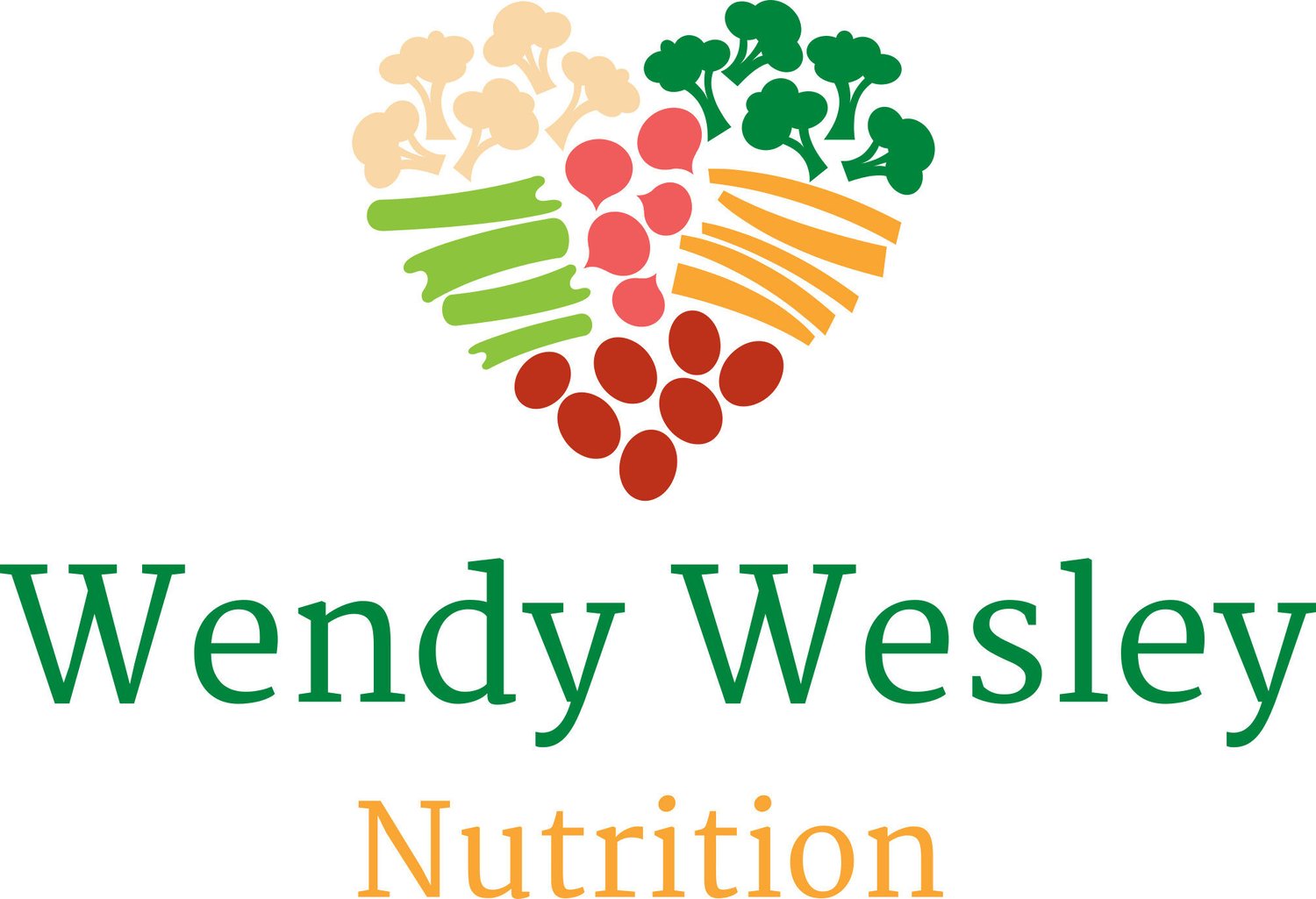I have always been concerned that Impossible and Beyond meat products would not increase plant consumption but displace other vegetable consumption. Seems it is a concern shared by others in the food space. Quote from a Mother Jones article by Charlie Mitchell:
"This is what’s known as the displacement paradox. For instance, in a study of meat-eating trends between 1961 and 2013, York found that when chicken and seafood became more available than other meats, Americans didn’t eat less beef and pork per capita—they just ate more meat overall. He expects faux meats will have a similar, modest effect. “If Americans consume 10 million Impossible burgers next year, I don’t think beef burger consumption will decline by 10 million,” he says. “It may decline a little bit.”"
People always ask, "isn't plant-based meat better than...."
Better than. I am constantly asked this question. The answer is never "this or that." It is always about the ratio of processed to unprocessed and this applies to plants. Replacing an unprocessed plant with a processed one will never be "better than." Replacing a minimally processed vegetarian meal with a Beyond Burger will never be "better than."
Fake meats comprise less than half of a percent of the meat category, but it is estimated by industry experts that the “alternative meat” sector could grab between 11 and 12 percent of the global meat market by 2035.
The concern comes, however, when fake meat pulls consumers away from vegetarian staples like beans and rice, vegetable barley soup and bowls.
When I am asked about plant-based meats I struggle with my answer which is essentially, “Yes, they are good but what do they replace?”
It’s a boring answer and not the one people want or expect. I am constantly asked to confirm people’s choices and this response is the equivalent of a sad trombone. Rarely the right answer is exciting.
The right answer regarding food is always to minimize processing. When food is minimally processed, fiber, minerals, vitamins and antioxidants are increased. Always.
There are 2 grams of fiber in 4 oz of Beyond Meat and another 2 grams in a standard hamburger bun for a total of 4 grams of fiber in a plant-based burger. Compare that to 15 grams of fiber in 1 cup of black beans or lentils.
Americans are over-proteinated (a word I made up) and under fiberated (and another made-up word). Beyond and Impossible products move Americans away from more nutrient-dense and fiber-rich diets because they don’t “add to” but “replace.”
Fake burger reinforce the belief that meat should be the center of every meal which is an American belief that we are exporting. Cultures all over the globe have survived for a millennia on a fraction of the animal protein that Americans consume.
To counter this meat-centric belief we need to focus of the policy that has allowed meat and dairy to flourish through USDA subsidies of cattle feed, tax breaks to ranchers, waivers for feedlot environmental damage the constant and erroneous advice of the Dietary Guidelines for Americans and the massive control dairy has over the National School Breakfast and Lunch Programs.
Not So Impossible Black Bean Burgers
½ onion finely diced
1 clove garlic minced (1 tsp jarred, OK)
½ red, green or yellow bell pepper, finely diced
2 tbs oil
1 can of black beans, drained and rinsed
1 egg or aquafaba
½ cup breadcrumbs
salt, pepper to taste
Sauté onion, garlic and peppers in the oil over low heat until fragrant and translucent. Cool. Drain and rinse beans and place in a bowl. With a potato masher or the back of a fork mash the beans. Add the egg, bread crumbs and seasoning. Hot sauce can also be used for flavor. Blend well. Form the mixture into palm-sized patties and pan fry in a little oil over medium heat until charred on the outside and hot on the inside. Other vegetables that will work in this recipe are mushrooms, carrots, scallions, shallots or spinach. Sweat these with the onions. Serve just like you would any hamburger. For additional fiber, choose a bun that is 100% whole wheat.

